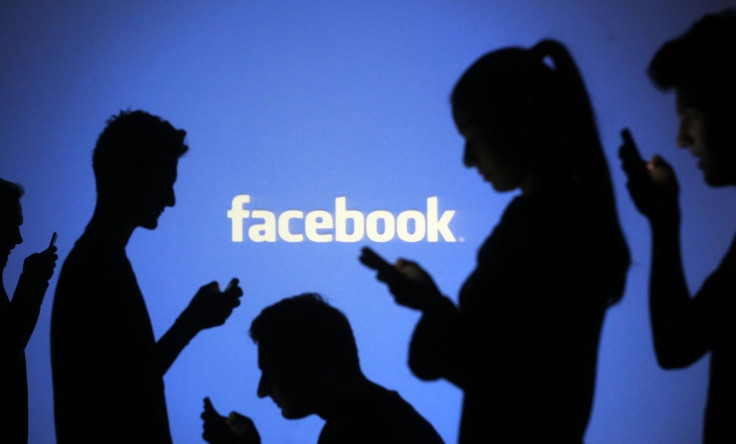Facebook will bring free Internet access to Africa

Facebook is presently hard at work trying to bring free Internet access to various African countries via satellite. To do so, the social network opted to collaborate with French satellite operator Eutelsat Communications.
Through this collaboration, Facebook will soon be able to get more Africans online by using terminals, satellites and Internet gateways. Facebook and Eutelsat prioritize reaching out to the Sub-Saharan region of Africa since this particular area is beyond the range of mobile and fixed ground networks, according to CNET.
Soon enough, the partners will have reached their goal of accelerating data connectivity for many Africans deprived of the World Wide Web's social and economic benefits.
Facebook will use the Amos-6 geostationary satellite from Eutelsat. This satellite will bring free Internet access to communities and to individual Web surfers. The plan to bring Internet access to Africa will get off the ground during the second half of 2016.
This new project is actually part of Facebook's Internet.org movement. As previously mentioned, this initiative's goal is to provide free access to basic Internet to the parts of the world where it isn't available or affordable.
"Facebook's mission is to connect the world", said Chris Daniels, Vice President of the social network's Internet.org initiative. "We believe that satellites will play an important role in addressing the significant barriers that exist in connecting the people of Africa”.
Daniels added that he and the rest of the company are "looking forward to partnering with Eutelsat”. It’s also expected this partnership will bring to light "new ways to use satellites to connect people in the most remote areas of the world more efficiently”.
Pew Global reported just this April that some two-thirds or more of Africans in Nigeria, Ghana, Uganda, Senegal, Kenya, Tanzania and South Africa own and use mobile devices. That said, it’s worth noting these tech users, as well as the continent's emerging markets, typically access the internet through their mobile units.
Contact writer at feedback@ibtimes.com.au, or let us know what you think below.






